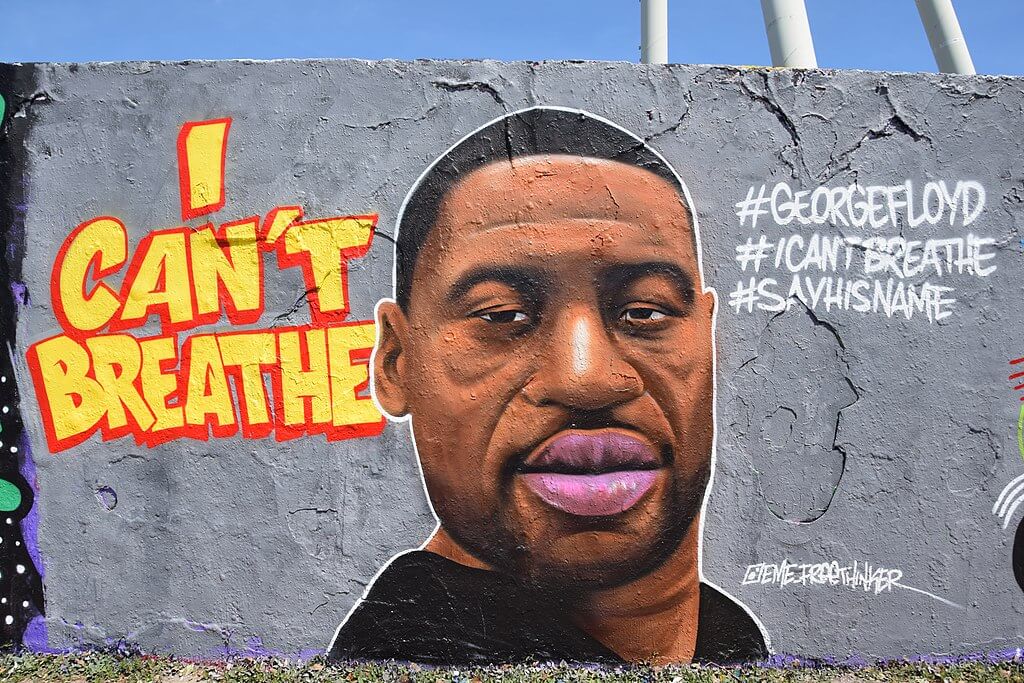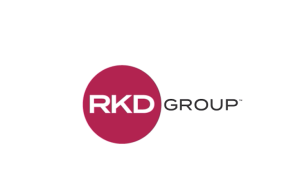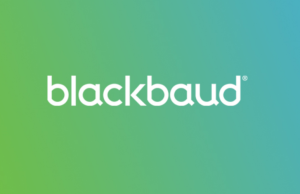Yesterday, the 46-year-old body of George Perry Floyd, Jr. was laid to rest — while the 401-year-old tradition of systemic racism regrettably lives on. It is possible our collective despair ignited by the senseless death of George Perry Floyd, Jr., will defeat bigotry and prejudice. Are we close? Will we witness the delayed demise of systemic racism?
When the figurative and literal knee of a Minneapolis police officer forcefully withdrew breath from the powerlessly, pinned body of a son, brother, father, and grandfather, people wept. Grief inspired generosity. Millions of people around the world continue to make immeasurable deposits in an attempt to reconcile a viral catastrophe powered by centuries of systemic racism.
One day after the murder, the energy of social justice champions in Minneapolis gave rise to an international revolution. During the past weekend, “tens of thousands turned out in Australia, Britain, France, Germany, and other countries in support of United States protests against the death of George Floyd,” reported The New York Times.
Soon, the energy contributed toward mass marches was coupled with an influx of financial contributions. On May 27, 2020, crowdfunding made it possible for benevolent people to act and swiftly give gifts of cash.
In less than two weeks, The Official George Floyd Memorial Fund, raised more than $14 million. The grief-stricken generosity of more than 495,000 contributors made undesirable history.
GoFundMe confirmed to Insider the campaign received the most individual contributions of any GoFundMe fundraiser, with more than 480,000 donations from people in 140 countries.
I am unable to applaud this fundraising feat. I cannot form a sincere expression of gratitude. Systemic racism forces the Floyds and many Black families to disproportionately solicit because a rightful need exists for financial support.
From 2013 to 2019, more than 1,000 unarmed Americans died from police torment. According to Mapping Police Violence, nearly 17 percent of the Black lives lost were human beings who were unarmed. The defenseless murders of Black people is greater than any racial group and around 1.3 times more than the 13 percent average.
People are attentive. Eyes and ears are wide open inside and outside the home. Neighbors seek from one another signs of moral consciousness. During and beyond traditional work hours, employees have employers on watch. With each swipe of social media, consumers intensely monitor the moves of brands.
In 2017, the Cone Communications Corporate Social Responsibility Report revealed 78 percent of Americans want companies to address important social justice issues. After the unfortunate murder of George Perry Floyd, Jr., companies such as Bank of America, Nike, and Procter & Gamble have not been silent nor sat still.
Bank of America made a $1-billion, four-year commitment to help local communities address economic and racial inequality accelerated by COVID-19. “Underlying economic and social disparities that exist have accelerated and intensified during the global pandemic,” said CEO Brian Moynihan via a statement. “The events of the past week have created a sense of true urgency that has arisen across our nation, particularly in view of the racial injustices we have seen in the communities where we work and live. We all need to do more.”
Nike announced a $40-million, four-year commitment to support the Black community in the United States on behalf of the Nike, Jordan and Converse brands collectively. “Systemic racism and the events that have unfolded across America over the past few weeks serve as an urgent reminder of the continued change needed in our society. We know Black Lives Matter. We must educate ourselves more deeply on the issues faced by Black communities and understand the enormous suffering and senseless tragedy racial bigotry creates,” Nike President and CEO John Donahoe said via a statement.
Procter & Gamble (P&G), with its brands, established a fund with an initial $5-million commitment to accelerate and expand racial justice work alongside organizations that fight for justice, advance economic opportunity, enable greater access to education and health care and make all communities more equitable. “Ahmaud Arbery. Breonna Taylor. George Floyd. Christian Cooper. We need to know their names. We need to understand their stories,” said P&G Chairman, President and CEO David Taylor via a statement. “We need to acknowledge the tragic events that brought them to the forefront are not new; they are simply the latest examples which illustrate the individual bias, systemic racism and instances of brutality that remain all too common.”
Grief must do more than give way to generosity. We must usher in perpetual positive change that values the lives of Black people, trusts the words of Black people, and preserves the dignity of Black people. Money alone is inept.
“At the end of the day, a social movement is only as effective as its leaders, and the most effective leaders are those willing to share power and lead from behind,” wrote Leslie Crutchfield, author of “How Change Happens: Why Some Social Movements Succeed While Others Don’t.”
Since 2013, Alicia Garza, Patrisse Cullors, and Opal Tometi, co-founders of #BlackLivesMatter, have shared power. How will you share and direct your power? The shared power of George Perry Floyd, Jr., is digging a grave for systemic racism. Share and direct your power at home, in the office, and in your community to finally lay to rest bigotry and prejudice.
***
Tycely Williams, CFRE, chief development officer at America’s Promise Alliance, has inspired investments of more than $100 million in social good. Follow her on Twitter at @tycely.








